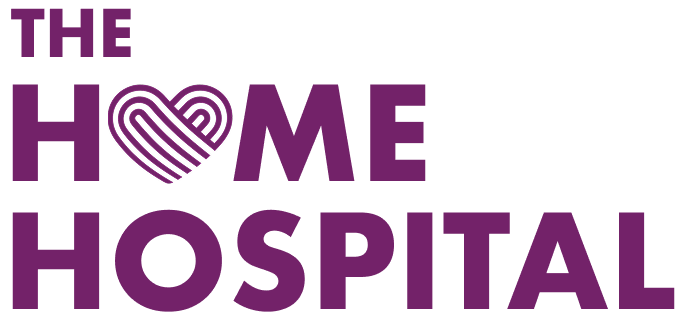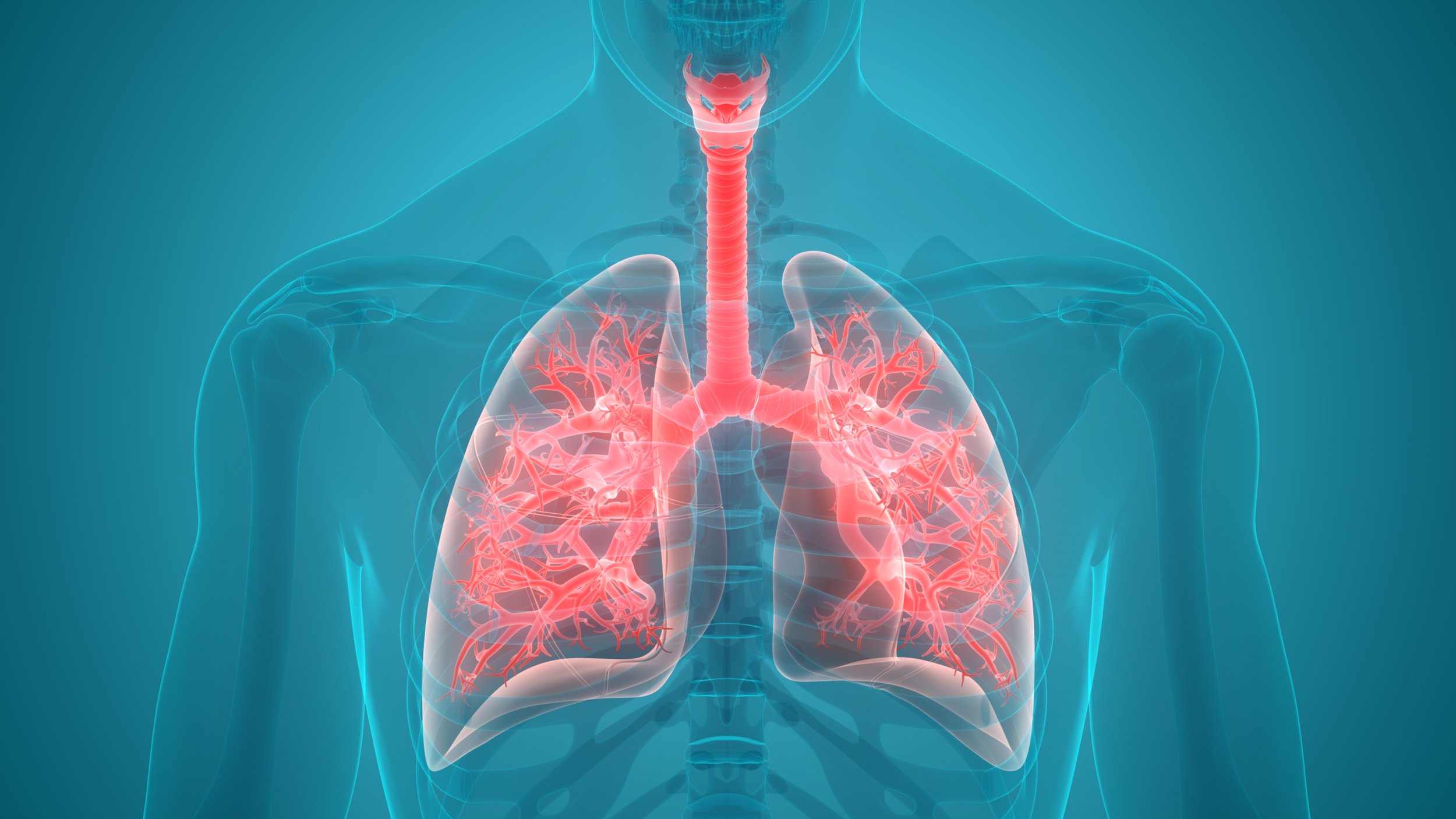
Pneumonia
Pneumonia is a severe Acute Respiratory Infection (ARI) and it’s an inflammation of the lungs, usually caused by an infection. Most people get better in 2 to 4 weeks, but older people, and people with heart or lung conditions are at risk of getting seriously ill and may need treatment in hospital, for which Virtue can offer an alternative. We can provide hospital-level acute care for pneumonia in the comfort of home, delivered by a hybrid in-home and remote multi-disciplinary clinical team, led by a Consultant Specialist. Our Elective Remote Monitoring services can also detect early signs of Pneumonia, enabling early intervention and treatment. In a lot of cases, this early intervention can avoid the onset of pneumonia, or reduce its severity considerably.
Contact us to discuss how we can help.
Check if you have pneumonia
Symptoms of pneumonia can start suddenly or gradually over a few days.
They include:
cough
feeling very tired
chest pain
loss of appetite
high temperature
feeling confused
wheezing noises when breathing
shortness of breath
an aching body
Ask for an urgent Virtue Consultant appointment if:
you've had a cough for 3 weeks or more
you're coughing up blood
you have chest pain that comes and goes, or happens when breathing or coughing
you're feeling short of breath
If you have the following symptoms, call 999 or if you are a Virtue Member, call our Urgent Support Line:
you're struggling to breathe – you're choking, gasping and unable to speak
you have pale, blue or blotchy skin, lips or tongue
you suddenly feel confused – for example, you do not know where you are
Treatment for pneumonia
You'll usually be given antibiotics to treat pneumonia. Most people get better in 2 to 4 weeks. Some people are more at risk of becoming seriously ill. You may need to go to hospital, or be admitted to our Acute Virtual Ward for treatment if:
you're over 65
you have cardiovascular disease or a long-term lung condition
you're very unwell
In hospital, or our Virtual Ward, you'll usually be given fluids and antibiotics to treat the infection. You may also be given oxygen to help you breathe. You may be sent for an X-ray and blood tests to check for other conditions.
Things you can do if you have pneumonia
Rest until you feel better – try to stay at home and avoid contact with other people if you have a high temperature or do not feel well enough to do normal activities
drink plenty of fluids
take paracetamol or ibuprofen to help with pain or a high temperature
cover your mouth and nose with a tissue when you cough or sneeze
put used tissues in the bin as quickly as possible
wash your hands regularly with water and soap
Do not take cough medicine – coughing helps your body get rid of the infection
do not smoke

Causes of pneumonia
Pneumonia is usually caused by a bacterial or viral infection.
You can catch pneumonia from someone who has it, or you can sometimes get it if you have another infection such as:
Respiratory syncytial virus (RSV)
Flu
Covid-19
Pneumonia can be caused by a fungal infection, but this is rare in healthy people in the UK. It may also be caused by something getting into your lungs, such as water or food (aspiration pneumonia).
How to reduce your risk of pneumonia
Our Elective Remote Monitoring services can detect early signs of Pneumonia, enabling early intervention and treatment. In a lot of cases, this early intervention can avoid the onset of pneumonia, or reduce its severity considerably. If Pneumonia does develop the extent such that acute hospital treatment is required, Virtue can also provide this treatment from the comfort of home, in our Acute Virtual Ward.
There are several vaccines available to help protect you or your child from infections that can cause pneumonia:
-
recommended for babies, adults over 65 and people at higher risk of pneumococcal infections
-
recommended during pregnancy, for adults over 65, people with certain long-term health conditions and those at high risk of catching or passing on flu
Just over a quarter (28%) of people who attend a major A&E department end up being admitted into a hospital bed. In recent years, long waits for admission have reached record levels. The number of people waiting more than 12 hours after a decision to admit (sometimes referred to as ‘trolley waits’ or ‘corridor waits’) has increased from less than 150 in the first quarter of 2014 to nearly 150,000 in the first quarter of 2024. In January 2024 the average waiting time for an admission, following a decision to admit, was 6 hours and 12 minutes (source: Nuffield Trust, ‘A&E waiting times’ June 2024).
42% Percentage of A&E attendances that fail the NHS 4-hour target
6 hours 12 minutes is the average waiting time* for a hospital bed following decision to admit
-
recommended for adults aged 75 to 79, and during pregnancy (from 28 weeks onwards) to help protect your baby after they're born
-
a seasonal vaccine that's recommended for people at increased risk from COVID-19























